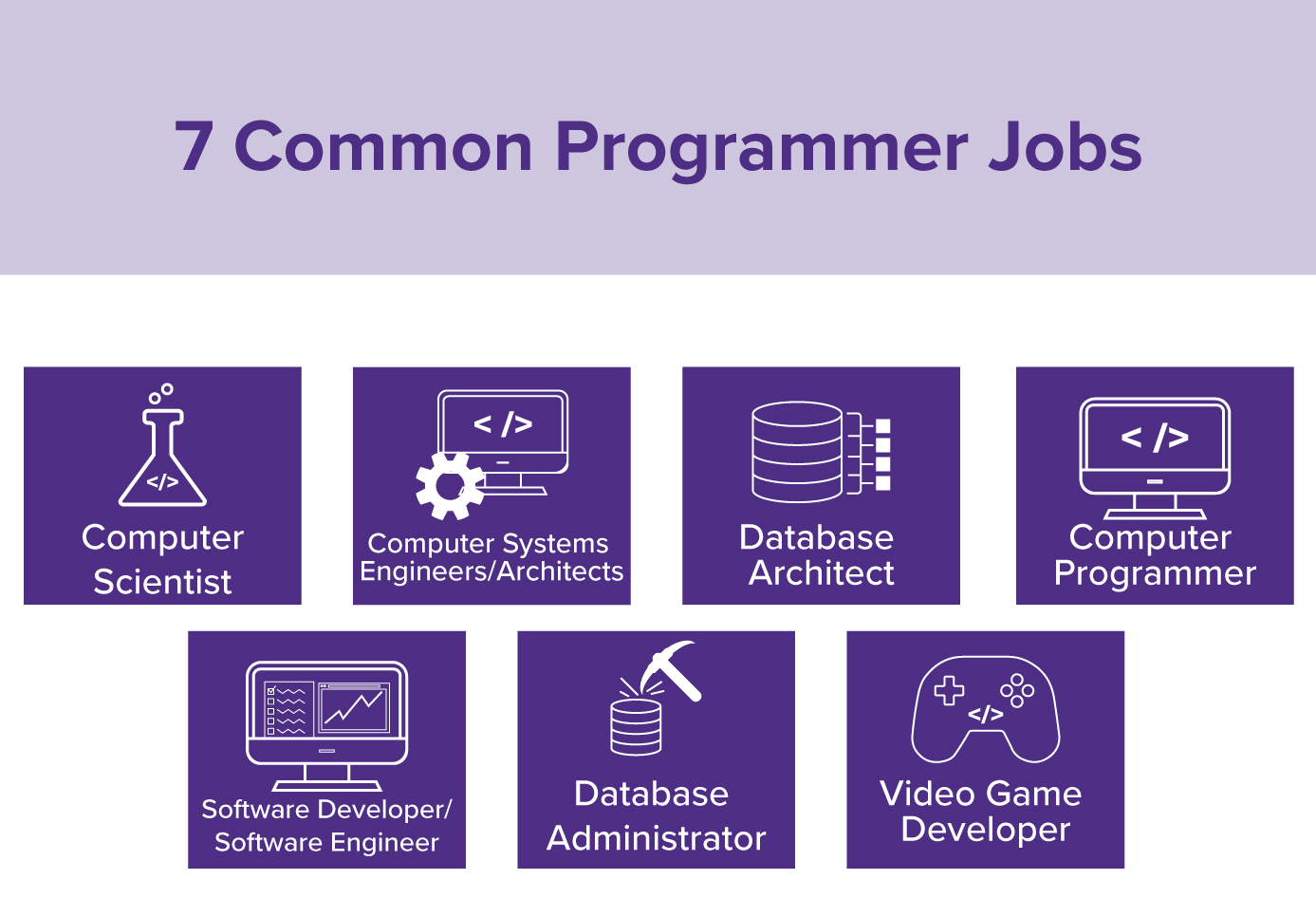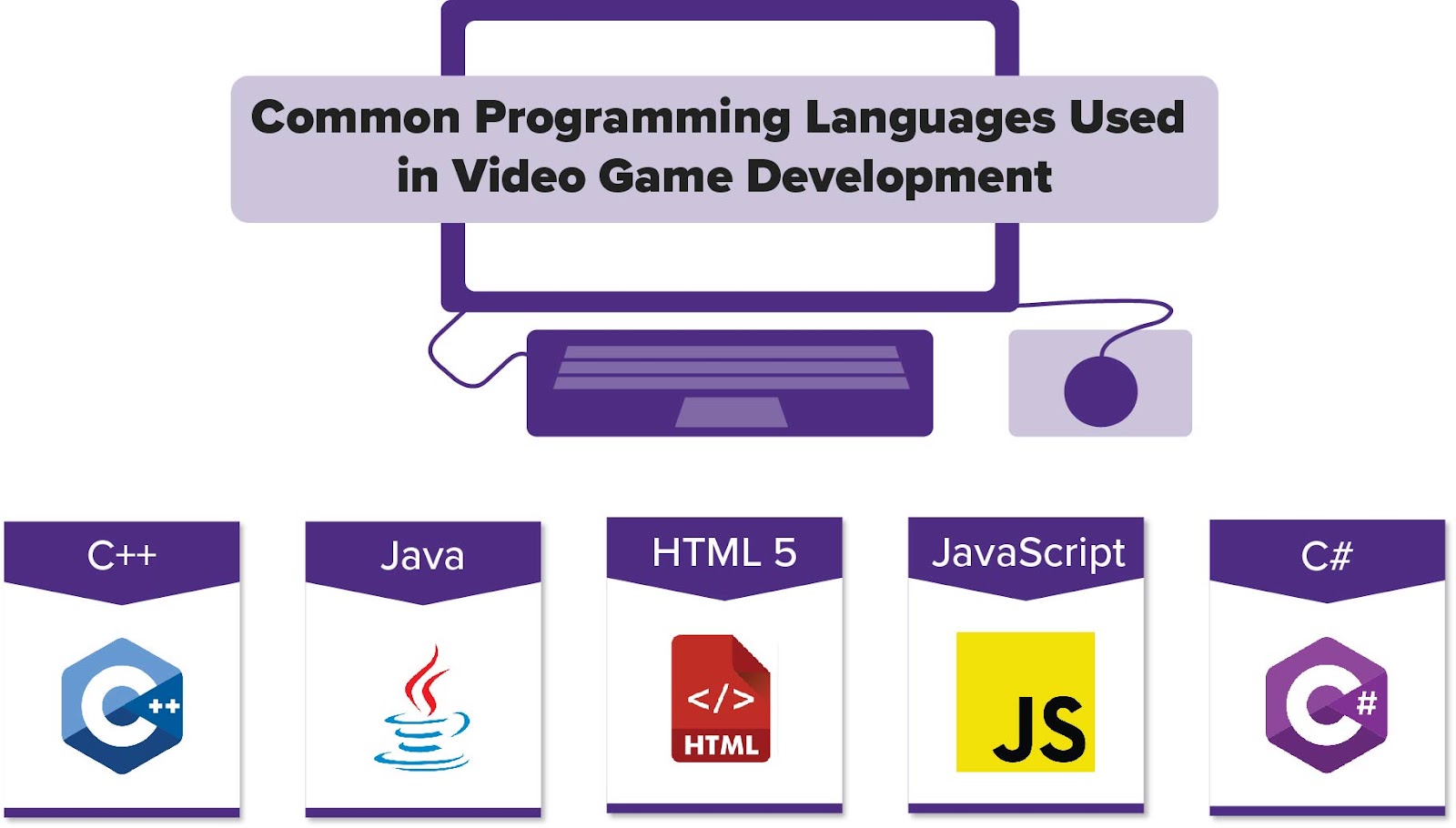1. Software Developer/Software Engineer
Software developers and software engineers are the people who design, build, test, and maintain computer software, often for consumer-facing products. Sometimes developers will build brand-new programs, and sometimes they will work on maintaining and fixing existing programs. Either way, they must work to understand user needs and then use that understanding to develop, adapt, and roll out programs that satisfy those needs.
The terms “software developer” and “software engineer” are often used interchangeably. That said, software engineers generally use an engineering approach in their computer science. What does this mean? According to the Institute of Electrical and Electronics Engineers (IEEE) (PDF, 5.6 KB), this is a “systematic, disciplined, quantifiable approach to the development, operation, and maintenance of software.” That software might be an app on your phone, an email client on your computer, or the tool your company uses to track expenses.
Regardless of what you call them, software engineers and developers use different coding languages and have to work with other programmers like data scientists and database analysts as well as product managers and other stakeholders to complete their projects successfully. They don’t just have to develop and write clear, functional code, they also need to communicate their progress, work with other teams, and adapt to any hurdles or fix bugs that come up along the way. Entry-level software developer jobs often entail additional training in programming with a focus on the programming languages that the company uses.
Software development is a lucrative career with a strong outlook for the future. According to the Bureau of Labor Statistics (BLS), the median salary for software developers was $110,140 in May 2020. The BLS projects these jobs to grow 22 percent over the next 10 years, far faster than the national average for all jobs.
 Live Chat
Live Chat


